Hearing loss is a common condition that affects millions of people worldwide. While hearing aids can significantly improve the quality of life for those with hearing loss, they can also come with a hefty price tag. For many people, financing hearing aids can be a challenge. In this blog, we will discuss various options for financing hearing aids so that you can make an informed decision.

- Insurance Coverage
The first step to financing hearing aids is to check if your health insurance covers them. Many insurance plans do not cover hearing aids, but some do. It is important to review your policy to understand what is covered and what is not. You may also want to contact your insurance provider to clarify any questions or concerns you have about your coverage.
If your insurance plan does not cover hearing aids, you may want to consider switching to a plan that does. In some cases, the cost of the insurance premiums may be higher, but the coverage for hearing aids could be worth it.
- Medicaid/Medicare
If you are a senior citizen, you may be eligible for hearing aid coverage through Medicaid or Medicare. Medicaid is a state-run program that provides health insurance coverage for people with low income. Medicare is a federal health insurance program that provides coverage for people over the age of 65.
Medicaid coverage for hearing aids varies by state, so it is important to check with your local Medicaid office to understand what is covered. Medicare does not cover hearing aids, but it does cover diagnostic hearing evaluations if your doctor orders them.
- Financing Programs
Many hearing aid manufacturers offer financing programs to help make hearing aids more affordable. These programs allow you to make monthly payments on your hearing aids over a set period of time. The terms and conditions of these financing programs vary by manufacturer, so it is important to research different options and choose the one that best fits your needs.
- Veteran’s Administration
If you are a veteran, you may be eligible for hearing aid coverage through the Veteran’s Administration. The VA provides free hearing aids and audiology services to eligible veterans. To qualify for this benefit, you must have a service-connected disability that contributes to your hearing loss.
- Charitable Organizations
There are also several charitable organizations that provide financial assistance for hearing aids. These organizations may have specific eligibility requirements, such as income limits or residency requirements. Some examples of charitable organizations that provide financial assistance for hearing aids include the Lions Club and the Starkey Hearing Foundation.
- Personal Loans
If you are unable to secure funding through insurance or financing programs, you may want to consider taking out a personal loan to finance your hearing aids. Personal loans are typically unsecured loans that can be used for a variety of purposes, including purchasing hearing aids. The interest rates and terms of personal loans vary by lender, so it is important to shop around and compare different options before making a decision.
- Credit Cards
Another option for financing hearing aids is to use a credit card. Many hearing aid providers accept credit cards as a form of payment. However, it is important to consider the interest rates and fees associated with using a credit card to finance your hearing aids. If you are unable to pay off the balance of your credit card quickly, the interest charges could quickly add up and make the cost of the hearing aids much higher.
Financing hearing aids can be a challenge, but there are several options available to make them more affordable. It is important to explore different options and choose the one that best fits your needs and budget. Remember, investing in hearing aids can significantly improve your quality of life, so it is worth taking the time to find a financing option that works for you.



